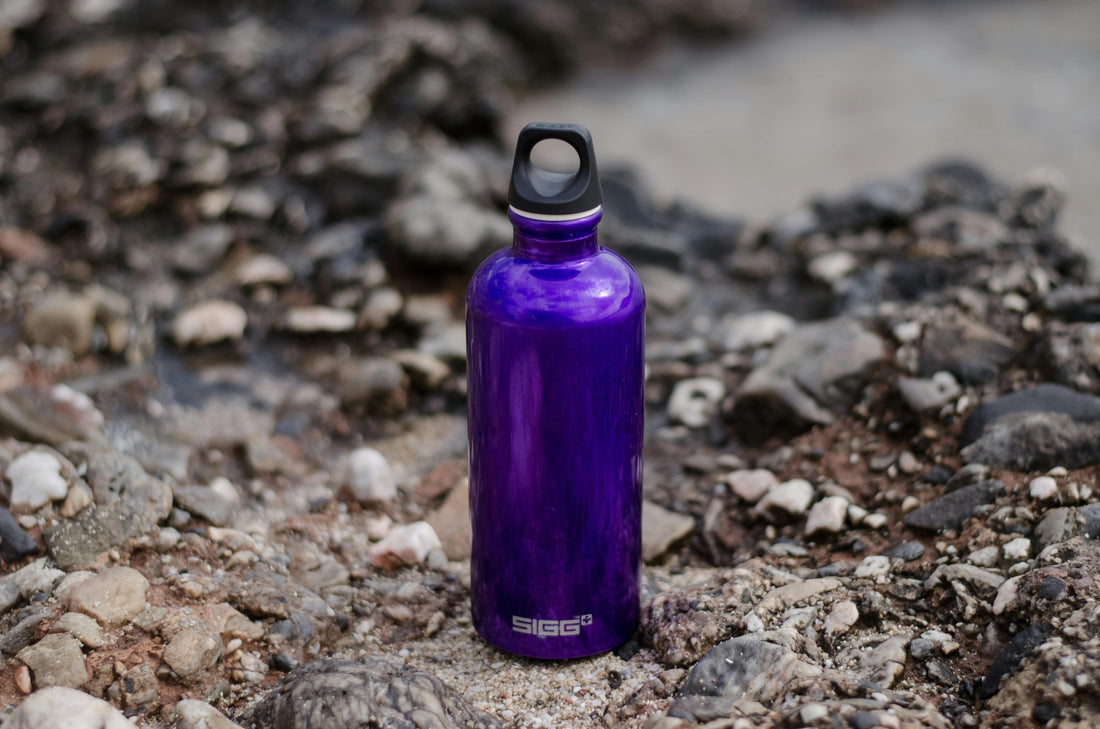
Is Your Water Bottle Poisoning You?
Share
We live in a world where toxins sneak into our lives in ways most people don’t even realize. One of the most concerning of these toxins is heavy metals. They aren’t just an “industrial problem” — they’re in products we use every single day, and they can have long-term damaging effects on our health if we’re not careful.
Where Heavy Metals Hide
Heavy metals like lead, cadmium, arsenic, and mercury can be found in:
-
Cookware & Water Bottles – Low-quality stainless steel, aluminum bottles, or cheaply made reusable cups sometimes test positive for lead or cadmium in their linings or coatings. Your water bottle should always be heavy-metal free and BPA-free. I personally use a glass Mason Jar and it does the trick!
-
Tap Water – Old pipes can leach lead and other metals directly into your drinking water.
-
Cosmetics & Personal Care Products – Certain makeup, lipsticks, and even some “mineral” powders have been found to contain lead or other metals.
-
Food Sources – Pesticides, contaminated soil, and some seafood (like tuna or swordfish) can expose us to arsenic and mercury.
-
Household Products – Cheap ceramics, paints, and imported goods may still contain lead in glazes or dyes.
How Heavy Metals Affect the Body
The problem with heavy metals is that they accumulate over time — your body doesn’t easily flush them out. Studies show they can damage multiple systems in the body:
-
Nervous System – Lead and mercury are neurotoxic, meaning they can impair brain function, memory, and focus (especially dangerous for children). 【National Institutes of Health】
-
Kidneys & Liver – Heavy metals build up in detox organs, impairing their ability to filter toxins.
-
Hormonal & Reproductive Health – Cadmium and arsenic are linked to hormone disruption and fertility issues.
-
Immune System – Ongoing exposure weakens immunity, making the body more prone to chronic illness.
-
Energy & Fatigue – Metals disrupt mitochondrial function (your cell’s “battery”), leading to fatigue and low energy.
The World Health Organization has recognized lead, mercury, cadmium, and arsenic as some of the top 10 chemicals of major public health concern worldwide.
What You Can Do
The good news is there are steps you can take to lower your exposure:
-
Always choose BPA-free and heavy-metal-free water bottles (avoid cheap stainless steel or painted aluminum).
-
Filter your drinking water to reduce lead, arsenic, and other contaminants.
-
Be cautious about seafood choices — opt for low-mercury fish like salmon or sardines.
-
Read labels on cosmetics and avoid brands that don’t test for contaminants.
-
Support companies that prioritize health and safety testing, like Last Jar.
Final Thoughts
Heavy metals are invisible, but their effects are very real. From brain fog to hormonal imbalances to long-term disease risk, they’re something we all need to take seriously. The products we use every day — even something as simple as a water bottle — can either protect us or slowly poison us.
That’s why I always stick to safe, tested, and BPA-free options. When you choose better products, you’re not just buying a water bottle — you’re investing in your long-term health.
